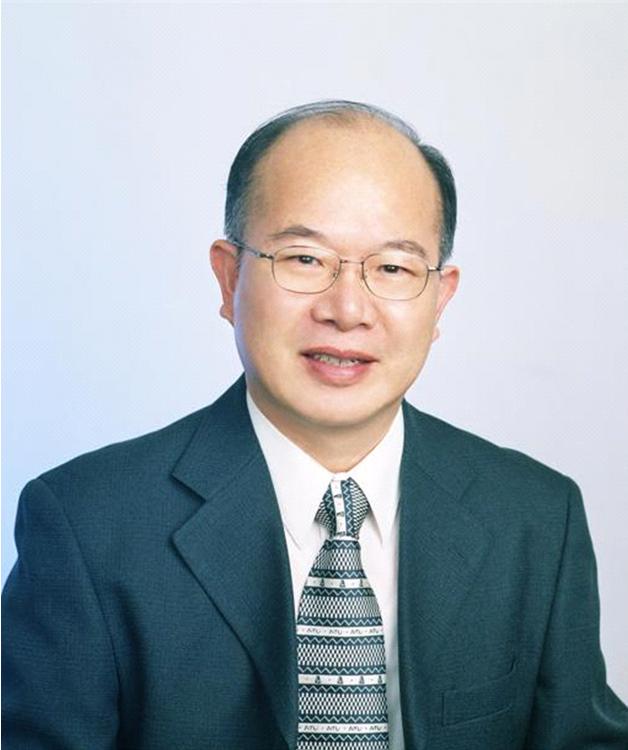林巍聳 Wei-Song Lin
考選部典試委員(2009)
榮登2008~2012年世界名人錄(Who's Who in the World)
榮登2007年亞洲名人錄(2007 Who's Who in Asia)
榮登2006-2007年科學與工程名人錄(2006-2007 Who's Who in Science and Engineering)
台灣大學校園規劃委員(2008-)
台灣大學校園規劃諮詢委員(2006-2007)
考試院典試委員(2005)
台灣電力公司龍門計畫諮詢委員(1998-1999)
中華民國第一顆科學衛星福爾摩沙一號科學團隊(1996-2001)
主持福爾摩沙一號海洋水色照相儀校正計畫獲頒衛星任務成功證書(2002)
電機研究所控制組召集人
台大教職員工羽球分會會長
主要研究領域:
類神經網路控制、數位控制、電動車控制、燃料電池鋰電池能量管理系統Major Research Areas:
Neuro-control systems, embedded computing control, electric-vehicle control, energy management of fuel cell and Li-ion battery hybrid研究領域摘要:
類神經網路控制使先進機器能仿效人類的學習、記憶、推理能力達成自動化的目的,嵌入式數位控制則是實施先進控制技術的硬體平台。
電動車之主動式安全控制包含推進力控制和車輛動態性能控制,是保證電動車性能和安全的軟實力。
燃料電池與二次電池組之電能管理是綠色能源技術,用以提供可靠的行動式電源和保證能源效率。
遙感與形體辨識用於偵測環境和導引行動。
Research Summary:
The neuro-control technology aims to implement a brain-like controller which is capable of learning, memorizing, and reasoning. Embedding computing control is a technology for constructing a hardware platform for advanced automatic control systems.
The active safety control concerns the propulsion and dynamic control of an electric vehicle. This technology aims to assure the performance and safety of an electric vehicle in operation.
Fuel cells and rechargeable Li-ion battery packs are clean power sources. Energy management in the clean power sources aims to offer a reliable power supply and a good efficiency of energy utilization.
The technology of remote sensing and shape/spectral recognition is a mean of learning the environment.

-
B.S.
National Cheng Kung University , 1973 -
M.S.
National Cheng Kung University, 1975 -
Ph.D.
National Taiwan University, 1982
-
Address
EE2-413,
Department of Electrical Engineering,
National Taiwan University,
Taipei 106, Taiwan -
Phone
+886-2-33663638 -
FAX
+886-2-23638247 -
Email:

-
Office Hour
Friday 15:00 - 17:00